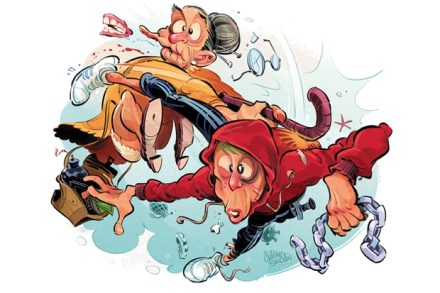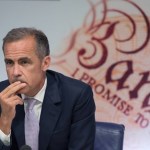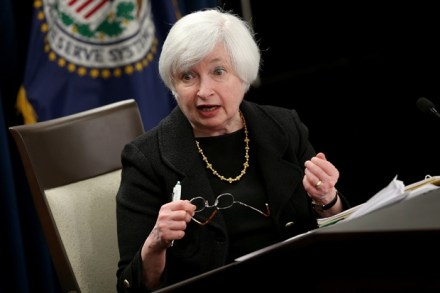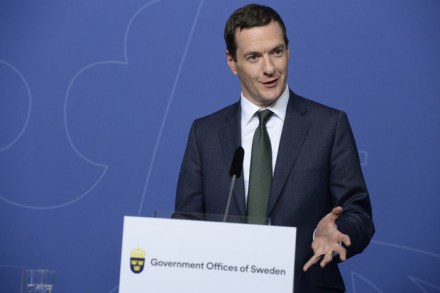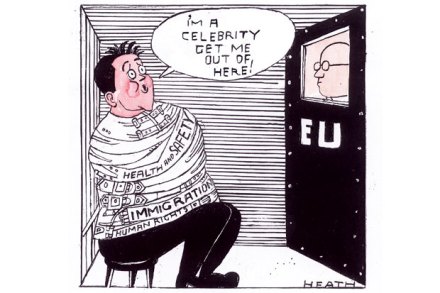The war on pensioners
Who controls the media in Britain? Depending on your political outlook, you might answer: the Conservatives, the liberal-left chattering classes, Rupert Murdoch or the BBC. But if the coverage of the elderly is anything to go by, then we can perhaps agree on one thing: the headlines are decided by a cohort of 25- to 45-year-olds who believe that other people’s parents and grandparents — a.k.a. Britain’s pensioners — have stolen their future, dashed their dreams and nabbed all the plush property. How else to account for a headline such as ‘No pay rise? Blame the baby-boomers’ gilded pension pots’ and a plethora of articles maintaining that pensioners have ‘never had
